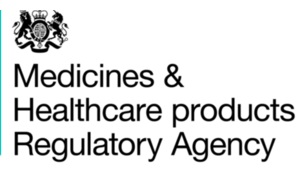2. What are oversight and monitoring activities?
Oversight and monitoring activities can include a broad range of activities, for example, the use of committees to manage the trial or review the emerging safety data, regular review meetings (e.g. sponsor with CRO/Chief Investigator), central review of clinical trial data, documents and reports, feedback from questionnaires sent to investigators, data management processes, statistical review of the data from the trial, pharmacovigilance signal detection, audits and visits to the investigator site by a trial monitor and auditors to assess the conduct of the trial.
Oversight is important where the sponsor has delegated functions to other parties, either within the same organisation, for example, a Chief Investigator within the Trust or to an external CRO. The sponsor’s project management or governance should have sufficient number of the above processes in place in order to verify that the functions are being conducted appropriately. The sponsor should be approving documents and processes (protocols, CRFs, SOPs, analysis plans, data management plans etc.) that are being implemented to carry out the delegated functions. The delegated parties would typically be implementing some or all of the detailed processes decided from the monitoring strategy. The oversight would usually involve assessment of the processes that are to be used by those delegated the sponsor’s functions, regular review meetings with personnel, review and approval of specific documentation (e.g. site visit report, regulatory green light documentation) or perhaps visits or co-visits to investigator sites and audit.
Traditionally, “monitoring” has tended to define and focus on monitors visiting sites as part of quality control and this approach has been extensively used by commercial sponsors consisting of regular on-site visits covering the activities outlined in ICH GCP guidancea. Non-commercial trials have primarily taken a more centralised approach to monitoring activities with less reliance on on-site visits.
Audit activities are sample based and may occur during or after the trial is completed, or for cause as a result of issues detected by other monitoring activities. The auditor would also assess the effectiveness of the monitoring activities and compliance with the processes outlined in the protocol/monitoring plan/SOPs.
An emerging consensus is that an approach to take, though not mandatory, is to define the overall oversight and monitoring strategy and the procedures of the trial (e.g. SOPs, protocol) to mitigate the risks to the quality of the trial, i.e. the reliability of the results and protection of trial subjects, using the appropriate methods. This would involve undertaking a thorough risk assessment of the trial to identify the risks and then determine the strategies and procedures to mitigate them. This risk-based approach is consistent with ICH GCP where the “sponsor should determine the extent and nature of the monitoring” a.
a. ICH GCP Sections 5.18.3 – 5.18.6
Version 1: 22 February 2013






